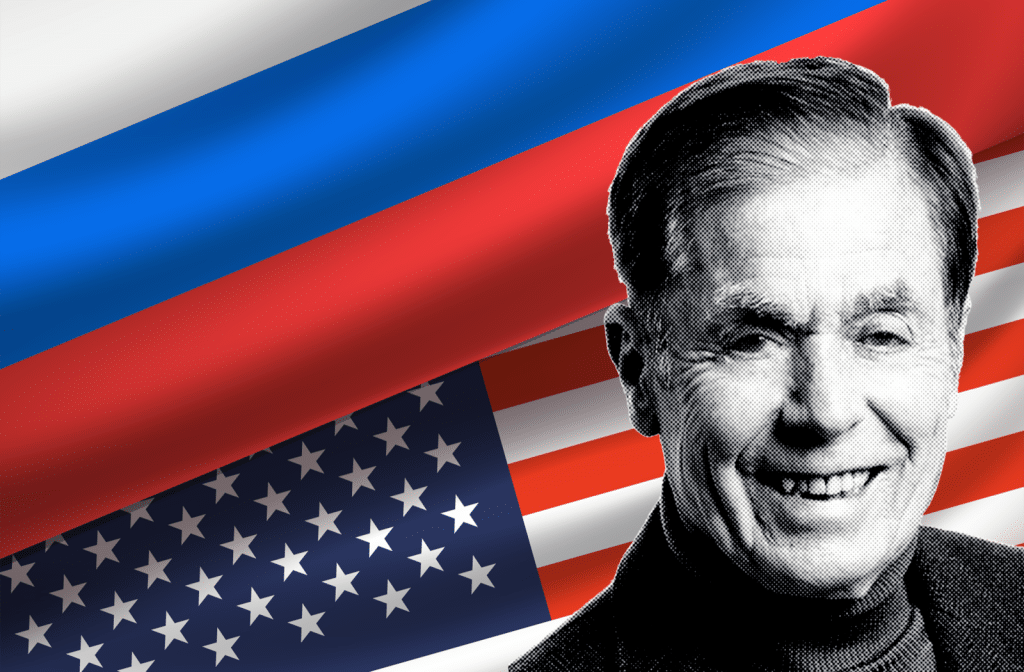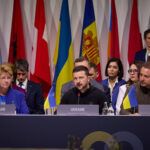After Geneva: Will Self-Interest Suffice?
By Walter C. Clemens Jr. | June 21, 2021

This article is part of a collection of expert commentaries on the Biden-Putin summit held in Geneva on June 16, 2021. To read other articles in the collection, click here.
Having met Russian President Vladimir Putin in Geneva, President Joe Biden said that future cooperation with Russia would be based not on trust but on US self-interest. If Putin thinks the same way, the two might cooperate so long as doing so appeared to be in their self-interest. But can far-reaching security accords be signed and implemented without mutual trust?
President Ronald Reagan offered a way out in 1987 as he signed the Intermediate-Range Nuclear Forces (INF) Treaty with Soviet President Mikhail Gorbachev. Reagan quoted a Russian saying, “Trust but verify.” Indeed, the INF provided strong mechanisms for verification. The two presidents seemed to trust each other, but self-interest also underlay the INF accord. Each side decided intermediate-range missiles were redundant.
In the late 1980s and 1990s, Russian and US leaders learned to cooperate and trust each other. In the 21st century, however, each side acted in ways that undercut mutual trust. George W. Bush withdrew from the Anti-Ballistic Missile Treaty. NATO talked of including Ukraine and Georgia. Having crushed Chechen dissidents, Vladimir Putin invaded Georgia, annexed Crimea, and occupied much of Eastern Ukraine. He appeared to cheat on the INF and Open Skies Treaty. His computer warriors interfered in US and European elections and demanded ransom from US businesses. His agents killed not just defectors abroad but a presidential contender walking near the Kremlin. Having failed to kill another opposition leader, Putin’s agents imprisoned Aleksei Navalny.
President Donald Trump seemed to trust the Putin regime no matter its actions. The Kremlin did not need comparable trust because it had a stooge in the White House. Now it faces a US president speaking truth to power—one who has given Russia no reason to distrust his administration.
Despite everything, the two presidents agreed in Geneva to launch a bilateral strategic stability dialogue on mechanisms to control the new weapons that can reduce the times for response and raise the risk of accidental war. Biden said they also discussed cybersecurity and agreed to have experts work on what is off limits. Biden implied there was some meeting of minds about humanitarian aid to Syria, preventing a resurgence of terrorism in Afghanistan, and keeping Iran from acquiring nuclear weapons. The two leaders pledged to ensure the Arctic remains a region of cooperation.
Whether all this can be done on the basis of self-interest, without trust, is not clear. More dialogue is welcome, but Biden and Putin are far from addressing the deepest threats to all life from allowing any nuclear weapons to exist. Nor are they close to confronting the horrific consequences of global warming. The presidents’ horizons are not lifted by the myopia found in the legislatures and business circles of both countries. Not just Americans and Russians but all peoples need to ask: How can we step beyond narrow self-interest to save humanity from extinction?
This article is part of a collection of expert commentaries on the Biden-Putin summit held in Geneva on June 16, 2021. To read other articles in the collection, click here.
Together, we make the world safer.
The Bulletin elevates expert voices above the noise. But as an independent nonprofit organization, our operations depend on the support of readers like you. Help us continue to deliver quality journalism that holds leaders accountable. Your support of our work at any level is important. In return, we promise our coverage will be understandable, influential, vigilant, solution-oriented, and fair-minded. Together we can make a difference.
Keywords: Biden, Putin, Russia, United States, nuclear weapons
Topics: Analysis, Nuclear Risk, Nuclear Weapons, Opinion















